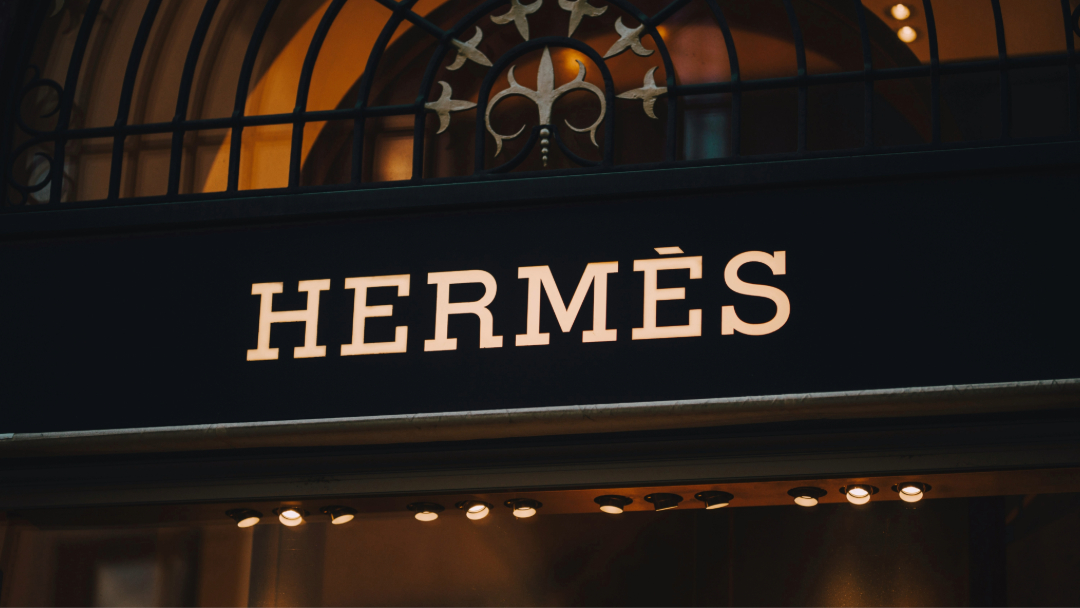Generation Y, the world’s largest collection of twenty and thirty-somethings, are coming to a luxury brand near you.


To cut a long story short, in the USA, Generation Y:
– represents 25% of the population in the United States
– has a spending power of $200 billion
– is a confident segment that prefers to spend over saving
– is brand loyal and feels personally connected to their choices
– gets its information from the social web
– remains loyal to brands but don’t like paying full price
Gen Y Females prefer fashion brands and extravagant hotels when it comes to luxury, listing Chanel, Ritz-Carlton, Four Seasons, Marc Jacobs and Cartier as their collective top 5 names. For male millenials, luxury means cars: BMW, Ferrari, Porsche, Lamborghini and Audi to be precise. So much so that seven out of ten top ranked brands by US Gen Y males, are automakers.

In the US, Generation Y is the largest generation in history – estimated at 77 million people – significantly more than the Boomer generation. Despite losing the most in the global financial crisis, with the lowest wages and the largest number of job losses, Gen Y has the highest consumer confidence when it comes to spending. They maintained their habits during the GFC, rather than saving, and are expected to continue spending at the same rate in the future, regardless of the economy.
Generation Y are trendsetters, going so far as to influence their Baby Boomer parents, creating a “trickle-up” effect in the brands and products that they prefer. A phenomenon never more apparent with Apple products like the iPhone.

Right now they are expected to outspend Baby Boomers by 2017, spending over $200 million per annum on luxury goods. But that doesn’t mean they want to pay full price, in fact less than one-third of those surveyed, purchased luxury goods directly from the brand, instead choosing to use flash-sale sites, search engines and aggregators, to find the most competitive deal.
And speaking of the internet, this is where they get their information, almost exclusively. They communicate electronically and expect to be communicated with electronically – a staggering 1 in 2 respondents choose to receive luxury brand news directly to their inbox, 1 in 5 via Facebook.











